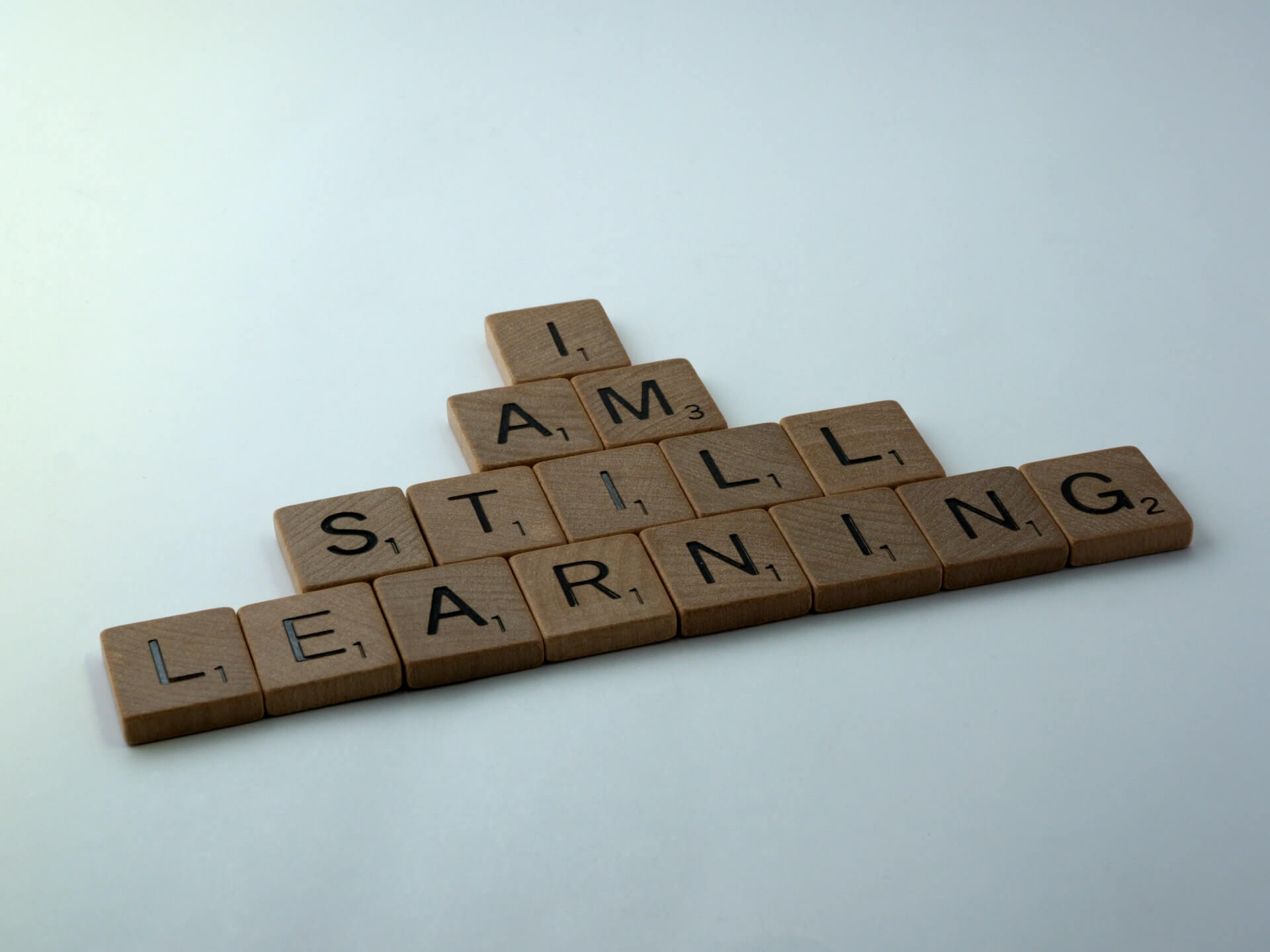Samples of Learner’s Results As Means to Verify Learning
(This page is referenced from Basic Framework for Training and Development Plan.)
There are numerous means by which a learner can show evidence of learning — many means other than the traditional passing of tests in a course. The following list provides examples of results, or outputs, that can be produced by a learner during learning activities as means of verification of learning. These results can be examined by a subject matter expert to evaluate the extent of learning (new areas of knowledge and skills) accomplished by the learner. The list may prove useful particularly when designing self-directed training and development plans. Keep in mind that the following list is but a small sample of means of verification of learning. (The list is reproduced from a list provided by The Union Institute.)
- annotated bibliographies
- audio recordings
- case study analyses
- certificates of achievement verifying accomplishment of learning
- commendations from employers for high-quality (thus, strong expertise in) work
- computer software package
- conducting Socratic dialogues, including preparation notes, participants’ evaluations, etc.
- conducting workshops, including preparation notes, participants’ evaluations, etc.
- course handouts
- dialoguing with fellow workers, including preparation notes, participants’ evaluations, etc.
- formal written papers
- gallery exhibitions of one’s work
- journal entries
- literature reviews
- notebooks validated by subject matter experts
- notes prepared for seminars
- performance in the creative arts
- photography
- poems
- preparing testing protocols
- presentations
- questionnaires or interview guides
- receiving professional certification
- recording of a lecture presented by the learner
- series of peer-based discussions, including preparation notes, participants’ evaluations, etc.
- sculptures
- teaching a course, including preparation notes, participants’ evaluations, etc.
- training manuals
- transcribed learning from other institutions of higher learning
- video productions
- works of art
- written and oral examination by subject matter experts
- written notes from museum visits
- and on and on and on and on …
Also consider
Related Library Topics
Learn More in the Library’s Blogs Related to Results to Evaluate in Training and Development
In addition to the articles on this current page, also see the following blogs that have posts related to Results to Evaluate in Training and Development. Scan down the blog’s page to see various posts. Also see the section “Recent Blog Posts” in the sidebar of the blog or click on “next” near the bottom of a post in the blog. The blog also links to numerous free related resources.
- Library’s Career Management Blog
- Library’s Human Resources Blog
- Library’s Leadership Blog
- Library’s Supervision Blog
- Library’s Training and Development Blog
Go to main Training and Development page.
For the Category of Training and Development:
To round out your knowledge of this Library topic, you may want to review some related topics, available from the link below. Each of the related topics includes free, online resources.
Also, scan the Recommended Books listed below. They have been selected for their relevance and highly practical nature.

